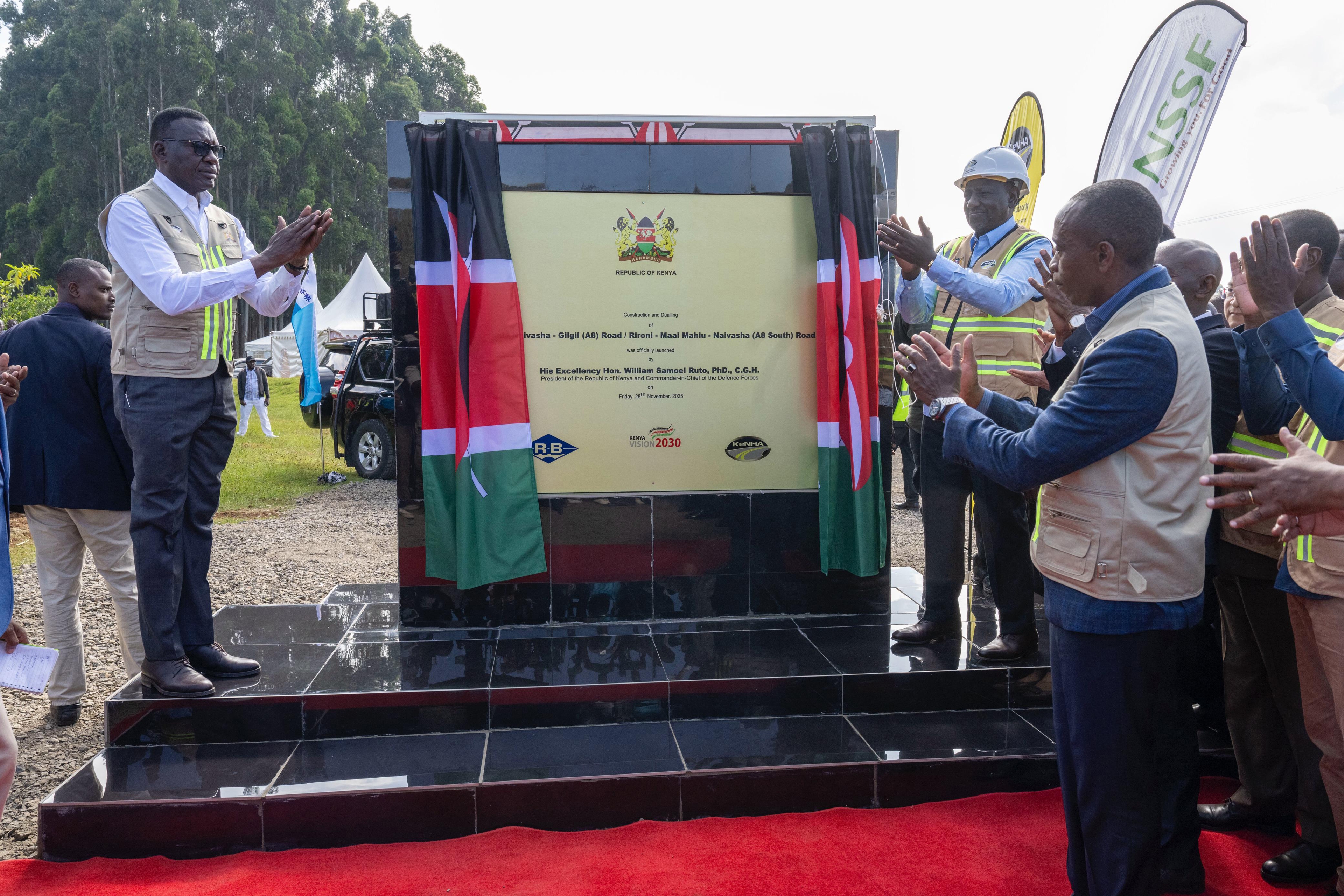You have probably read about counties that regularly spend more of their budget on recurrent expenses (like salaries) than the law allows and not enough on development. You may also have read about the consistent delays in transferring money to the counties. You may have thought, “Can’t something be done about it?”
Every year, a County Allocation of Revenue Act (CARA) is passed to achieve two broad objectives. The first is to allocate to each county its equitable share of revenue raised nationally from the overall share assigned to counties for the next financial year. The second is to facilitate the transfer of these funds to individual county revenue funds. The Act also fixes the maximum amounts that each county may spend on recurrent expenditure (as the Constitution requires).
Given that Kenya’s constitutional architecture makes counties reliant on these transfers, the effective implementation of the various CARA provisions (including accountability for non-compliance) is critical for the sustainable implementation of devolution itself.
What is the issue?
Like almost all its predecessors, the imprecise Bill now before Parliament stands in the way of accountability in the event any of its provisions are not complied with.
Section 9 of the Bill provides that: “… any serious or persistent non-compliance with the provisions of this Act constitutes an offence under the Public Finance Management Act.” Save for the 2020 County Allocation of Revenue Act, this is exactly the same as in all CARAs since the advent of devolution in 2013.
However, the 2020 CARA was drafted slightly differently: omitting the words “serious or persistent”.
What’s the problem?
Imagine a public officer (the potential offender) at either level of government trying to comply with their obligations under the Bill. How would they know what amounts to serious or persistent non-compliance in order to avoid it?
Similarly, imagine a member of the public, the beneficiary of an obligation imposed by the Bill or an oversight institution trying to decide whether or not to demand for accountability over non-compliance that has allegedly occurred. How do they decide if it is either serious or persistent?
Neither this Bill nor the other previous CARAs have attempted to elaborate on what qualifies as serious or persistent non-compliance. Yet in order to facilitate compliance or to initiate any corrective action or trigger any accountability mechanism, one needs to understand what the threshold for seriousness or persistence is.
This goes against the principle of certainty in the law. Courts have held other imprecise laws that give inadequate guidance as to what amounts to an offence or crime to be not law at all.
What offences might be committed?
It might help to detail some of the obligations that the Bill will impose, and over which non-compliance might be alleged.
First is the obligation of the National Treasury to transfer each county’s share of revenue according to the gazetted disbursement schedule. Second is the obligation of counties to comply with the imposed recurrent expenditure budget ceilings. Third is the obligation of the Cabinet Secretary to publish monthly reports of the actual transfers made. Fourth is the obligation of county treasuries to reflect all the transfers received in their books of accounts, as well as their quarterly and annual reports.
What are consequences of non-compliance?
The Bill is not precise either as to which of the several offences under the Public Finance Management Act (PFMA) it refers to. This makes it hard to know which specific penalty applies to non-compliance under the Bill. There should have been a reference to Section 199 of the PFMA, which prescribes a general penalty of imprisonment for as long as five years or a fine of as much as Sh10 million, or both.
Based on experience, non-compliance by the various actors to the above obligations is highly likely. For instance, the disbursement of funds by the National Treasury to counties has been consistently, and sometimes grossly, delayed beyond the timelines in the gazetted schedules. The Controller of Budget also often reports a failure by counties to comply with the prescribed recurrent spending ceilings.
What should the law do?
Several important questions need to be considered. First, should a “minor” or single violation be treated as an offence or is there justification for initiating corrective action only where violations are serious or persistent? If it is the latter, it might help to define these words clearly in law. Second, should “minor” or single instances of non-compliance be assumed to be justified or should there be some other sort of accountability mechanism to review such instances on a case-by-case basis? And does the current text of the Bill provide an avenue for triggering such an accountability mechanism? Third, what’s the worst that can happen should the status quo in the Bill prevail? In other words, what is at stake in the long-term should there be no consequences or any form of accountability for non-compliance (including “minor” or single instances) with the obligations that the Bill will impose?
Where does “seriousness” or “persistence” come from?
The concept of “seriousness” and/or “persistence” of a legislative violation or non-compliance as a pre-condition for liability or corrective action can be traced to Article 225(3) of the Constitution. This allows the Cabinet Secretary for Finance to stop the transfer of funds to a State organ or any other public entity that has committed a serious material breach or persistent material breaches of expenditure control and transparency measures stipulated under the law.
But does the Constitution, in utilising these words, envisage that they would also be applied broadly? Arguably, the reason the Constitution requires seriousness or persistence as a precondition for corrective action is because of the gravity of the proposed consequences, which is withdrawal of funding to State organs or entities. The extreme nature of this action is clearly demonstrated by the safeguards that the Constitution puts in place to manage the intervention, including imposing maximum amounts that may be stopped, the maximum number of days the stoppage may last, as well as mandating parliamentary supervision and approval of such stoppage.
The Constitution allows the law to clearly outline what amounts to serious or persistent material breach of the specific measures the Constitution intends. This, then, provides a basis and entry point for accountability. And the PFMA does this in considerable detail.
The use of these words in other laws (such as the CARAs) may provide a negative incentive for officials with duties by law to treat legal obligations as mere suggestions that can be ignored repeatedly without consequence or accountability.
Should every instance be penalised?
There may be good reasons to excuse a public officer from liability for a single violation of the CARA or the PFMA. In fact, the Constitution does envisage excusable instances of non-compliance with the CARA, such as through occasional delays (not “undue delay”) by the National Treasury to promptly disburse funds to counties.
However, an explanation (an account) of what makes those circumstances excusable or the delay “not undue” can only be done as part of an accountability process. By requiring seriousness or persistence without an explanation of what qualifies as such, the Bill blocks the entry point towards accountability.
Even then, the rule of law, as a principle of governance, demands equal accountability of all, including the State itself, to the law. Going beyond the constitutional context to make public officials accountable only upon establishing the seriousness or persistence of their non-compliance while everyone else becomes liable upon single breaches of law would undermine the rule of law and the fairness of Kenya’s legal system.
Whether this provision in the Bill is the result of lazy drafting or whether it indeed is deliberate in the words adopted (over the years), what is clear is that Parliament needs to carefully reconsider it.
Devolution and research officer at Katiba Institute













